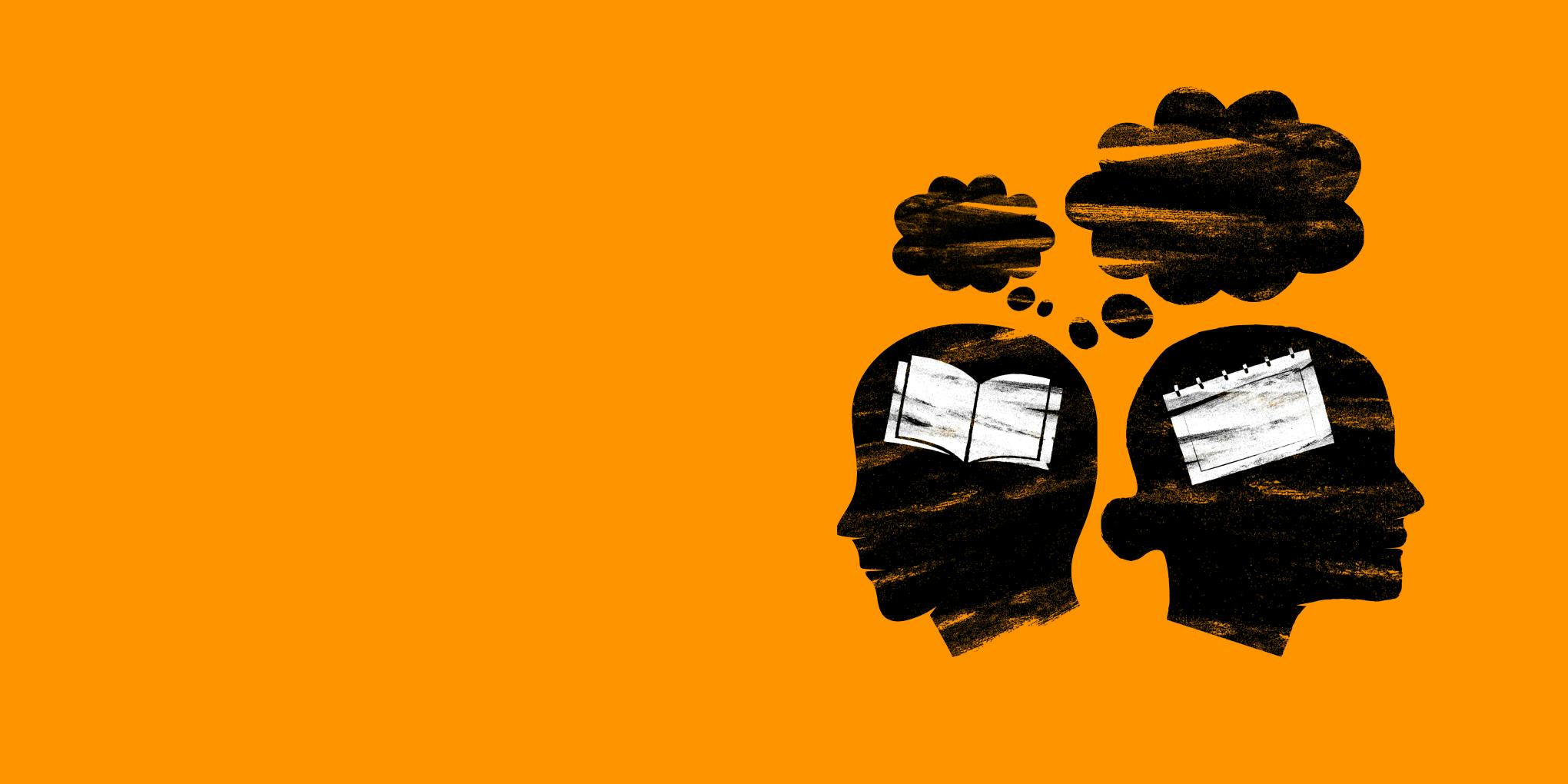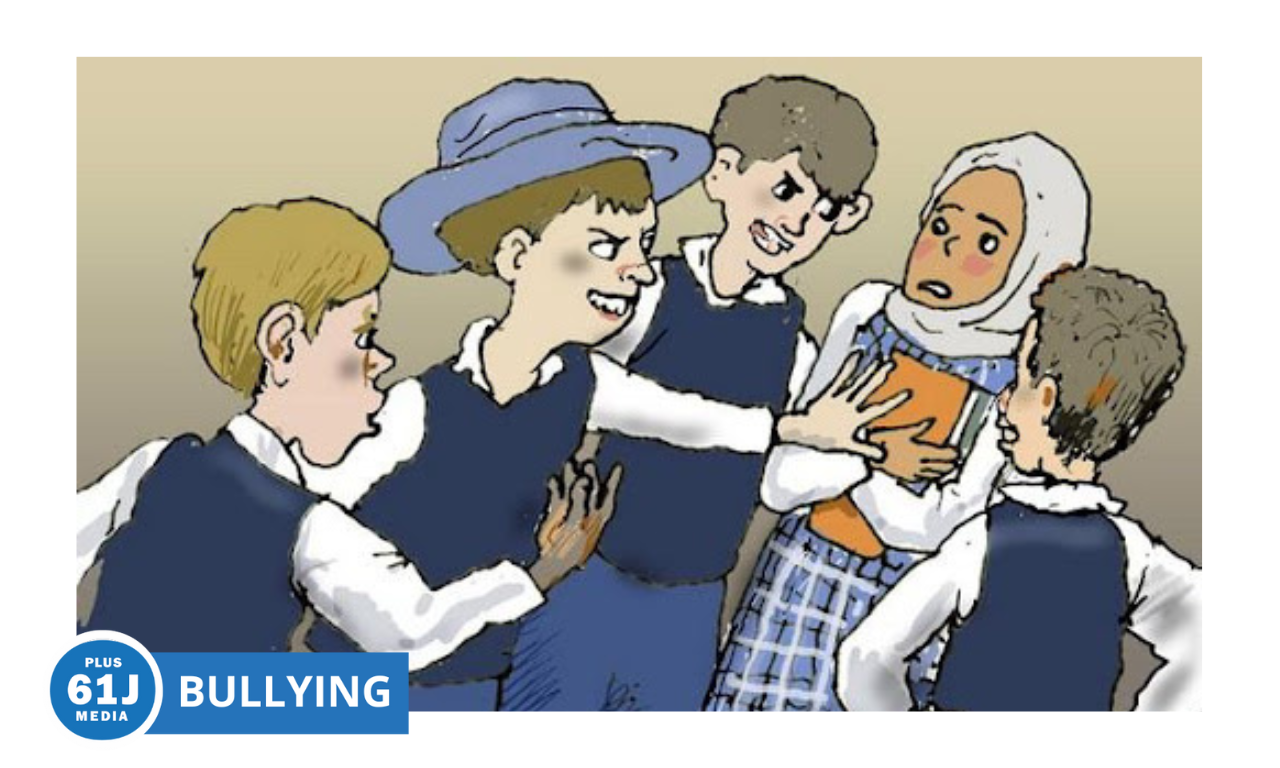Published: 20 May 2022
Last updated: 4 March 2024
MANDI KATZ: Where a candidate sits on Israel issues should not be at the heart of anyone's vote in an Australian election
In an election characterised by widespread disaffection with current political leaders, it is hardly surprising that independent candidates are putting up a very good fight, with a strong swing against some current cabinet members. The question of whether to vote for an independent candidate is a live issue for many in the Jewish community with strong independent candidates offering real opposition to LNP incumbents in Goldstein and Kooyong in Victoria, and Wentworth in NSW, all electorates with significant Jewish populations.
Research shows that Australian Jews sit across a broad spectrum of political views, although most are not formal members of political parties. Independent candidates offer fresh perspectives: they are not bound by party lines (nor by partisan pressures and interests) and can be a check against the sometimes-opportunistic behaviour of members of the major parties.
But for many in the Jewish community there has been a lot of discussion of another dimension: where does this candidate sit on Israel? There has been no shortage of discussion in media, social media and indeed at Shabbat dinner tables on this issue. Recently the ECAJ issued a guide on where each of the candidates in key electorates sits on a range of Jewish issues – and Jewish, in the ECAJ’s judgement includes four questions on security and antisemitism, four on education and a whopping eight on Israel and the Middle East.
There is something very unhealthy - arguably even unethical - about voting for candidates ...on the basis of what they think and feel about a political situation in another place
Interestingly, on a broad reading of the responses, there is very little difference between the two major political parties when it comes to Israel, and while there are some differences between those parties and the Greens, even if the Greens were included as part of a coalition, the impact on foreign policy would be minimal. It is pretty clear that the positions of the independent candidates included in the survey should not be troubling to too many Australian Jews, and suggestions by some Jewish communal figures that they shouldn’t be taken on their word, are disappointing.
At the most basic level the focus on Israel isn’t surprising. Australian Jews continue to identify positively with Israel, regardless of their views on internal Israeli social issues and on the far more loaded issues around occupation the Palestinian territories. A high proportion of Australian Jews have visited Israel, and many have friends and family members in Israel. For many Australian Jews support for Israel is at the forefront of their Jewishness and the connections they have with Israel have deep emotional, cultural, and religious roots and are core to their identities.
All of that is compelling and real and anyone who wants to be a political representative of an electorate that includes Jewish communities should take the time to understand that.
But I think we should be extremely careful in basing a vote on where a candidate sits on Israel issues.
Our duty as citizens is to vote for the candidate best for our electorate and likely to return the best possible government for us here, in the country they will govern where we live. We all have different priorities but for me this it feels particularly urgent at this juncture to elect a more competent, compassionate, intelligent and representative government than we have currently have, a government that will get serious on climate policy, tackle corruption, and address the frequent sexism and less frequent but even more disturbing misogyny that we have seen in Australian public life, and which has now played out so catastrophically in the United States.
The extent of disillusionment with this government is so strong that even former Liberal ministers, including Malcolm Turnbull from Wentworth and Ian McPhee from Goldstein, have all but endorsed independent candidates.
In an election in which what happens here and now really matters, I won’t be putting Israel at the heart of my vote.

Australian foreign policy has almost no influence on what happens to the people living in Israel and the Palestinian territories. But the people we send to parliament have enormous capacity to influence local outcomes and the lives of people in our communities. There is something very unhealthy - arguably even unethical - about voting for candidates based not on what they will actually do in the electorate which they will represent but on the basis of what they think and feel about a political situation in another place.
It is also worth saying that a position on Israel is rarely a bellwether of integrity or decency. The issues that Israel faces elicit a wide range of responses even among people who share basic values. There are people in my family and my shul community with whom I disagree fundamentally when it comes to talking about Israel, but I do not doubt their integrity or their basic decency, and I’m confident that in most cases that respect is mutual.
The underlying issues that feed the Israel conversation are multi layered and very complex. In many cases an individual’s position on any given issue is a function of priorities based on family history and ethnicity, cultural experiences, communal affiliations, and professional concerns, only sometimes enhanced by knowledge and experience.
Discourse on Israel is polarising; it can be very aggressive and personal, and it is hardly surprising that people are pushed to take positions which are less nuanced than they should be. Most of us do so, sometimes. Political or organisation affiliations, while indicative, are also imperfect measures of individual positions. Many of us – including politicians – have supported organisations or platforms because they were 80% aligned with our views and concerns even where there were specific things or elements that did not sit entirely comfortably.
Notwithstanding my real commitment to vote based on local issues – it would be difficult to vote for a candidate who was clearly hostile to Israel’s standing as the homeland of the Jews - perhaps because that would make me feel that she or he was hostile to me as a Jew. But I don’t believe that any candidate who supports the two-state solution and opposes BDS (as all candidates canvassed by the EACAJ do) should be treated as ethically suspect because we don’t share every position they take or once took on Israel.
As a Jewish Australian I’ll be choosing the candidate who will best work for the country I want to live in. I have many anxieties about how this election will unfold and what that may mean for my children one day, and I have many concerns about Israel’s political future. But I’m keeping those two concerns quite separate, as they should be.
Illustration: Avi Katz




